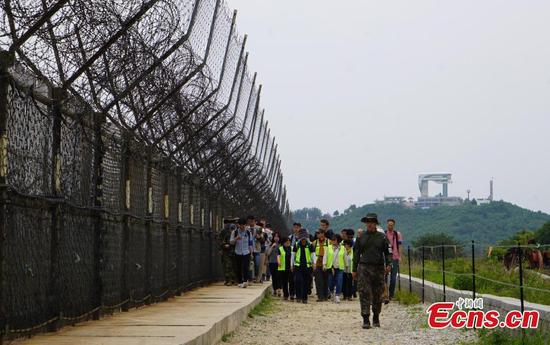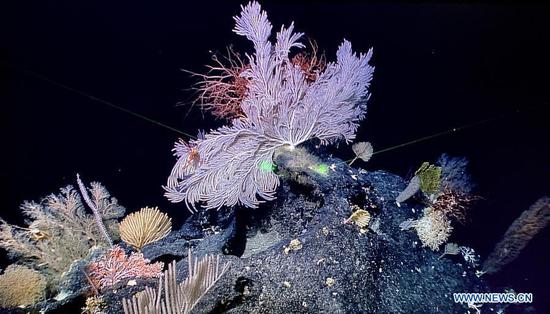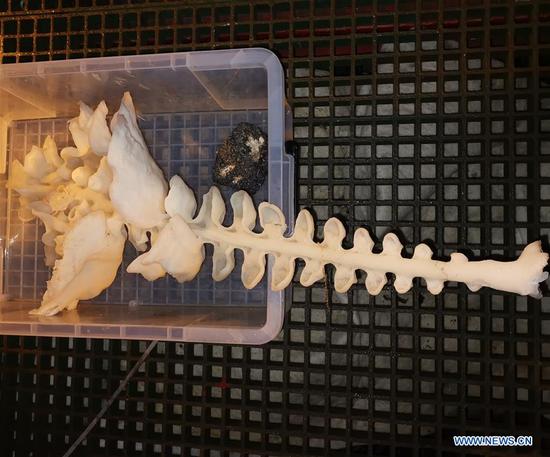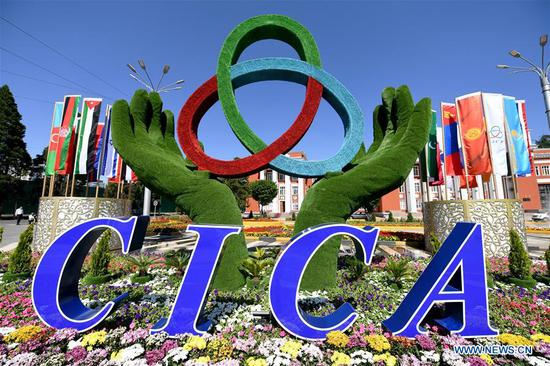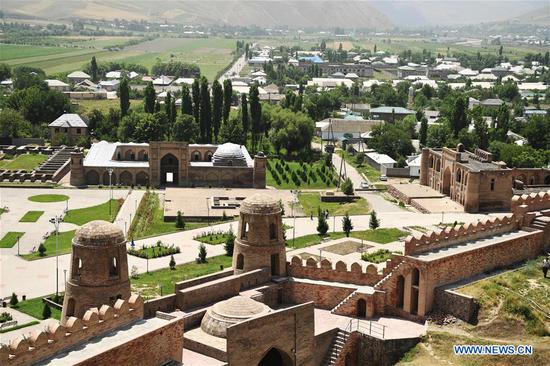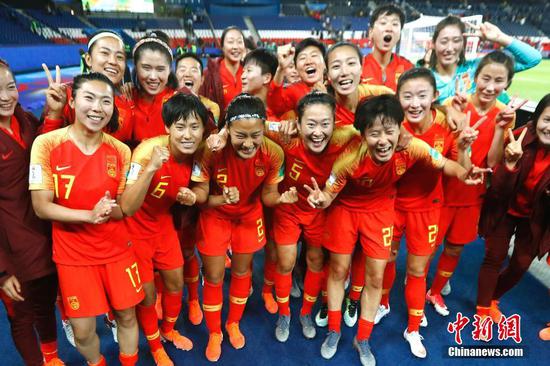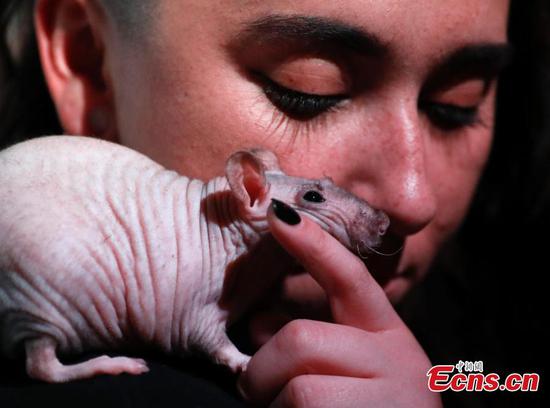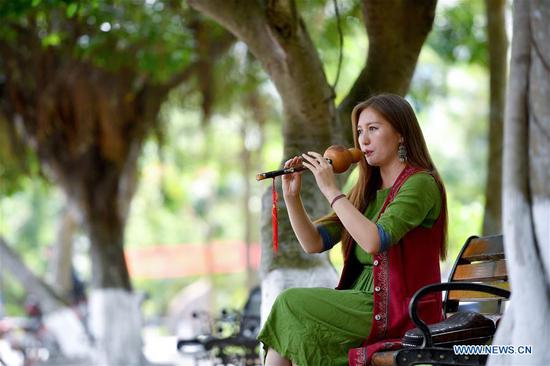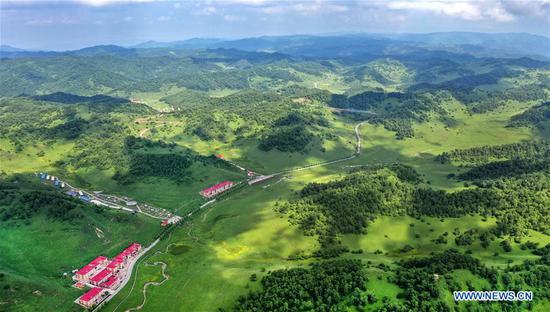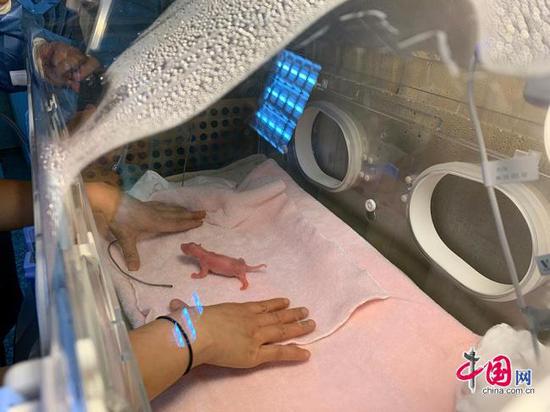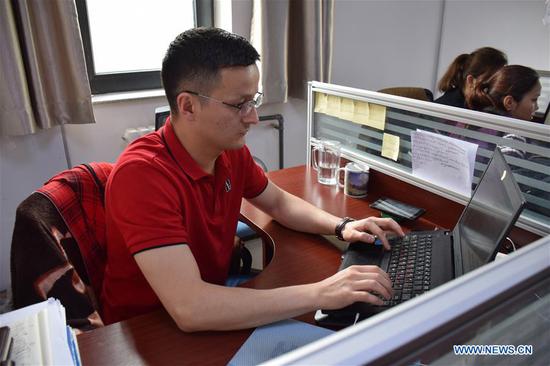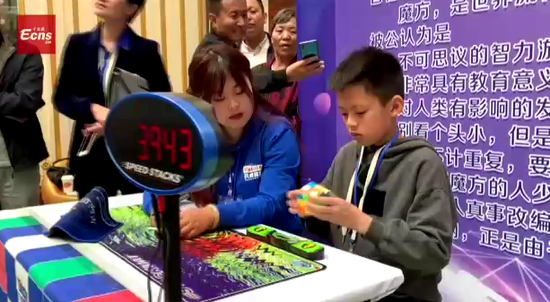Nobel Prize winner Tu Youyou's team announced on Monday that they have made fresh breakthroughs in treating artemisinin resistance, which is regarded as the biggest technical challenge facing the world against malaria.
After more than three years of scientific research, Tu's team proposed that the artemisinin resistance would be solved by appropriately extending the duration of treatment from three to five - or even seven - days, and replacing the ancillary drugs that are resistant to drugs in the artemisinin combination therapy, the Xinhua News Agency reported Monday.
Artemisinin-based combination therapies (ACTs) are the primary anti-malarial therapies promoted by the World Health Organization (WHO) and the most important global weapon against malaria. But the widespread resistance to artemisinin-resistant parasites has concerned scientists around the world.
Research has shown that in countries in the Greater Mekong subregion, such as Cambodia, Thailand, Myanmar and Vietnam, the parasite in patients who undergo three-day periodic treatment against malaria shows signs of slow speed in being cleaned up and generate resistance to artemisinin.
Solving the artemisinin resistance is of great significance because artemisinin will continue to be the primary drug to fight malaria and the drug, due to its low cost, is suitable to people living in poverty-stricken Africa where malaria is rampant, according to Tu's team.
Artemisinin, a high-efficient, safe and low toxic anti-malaria drug, has become the first choice for the international community in the treatment of malaria.
The discovery of the anti-malaria compound artemisinin won Chinese scientist Tu a Nobel Prize in science in 2015.
According to the World Malaria Report released by the WHO on November 19, 2018, an estimated 219 million cases of malaria occurred worldwide in 2017, and 15 countries in sub-Saharan Africa and India carried almost 80 percent of the global malaria burden.
Tu's research was recently published in the New England Journal of Medicine (NEJM).















